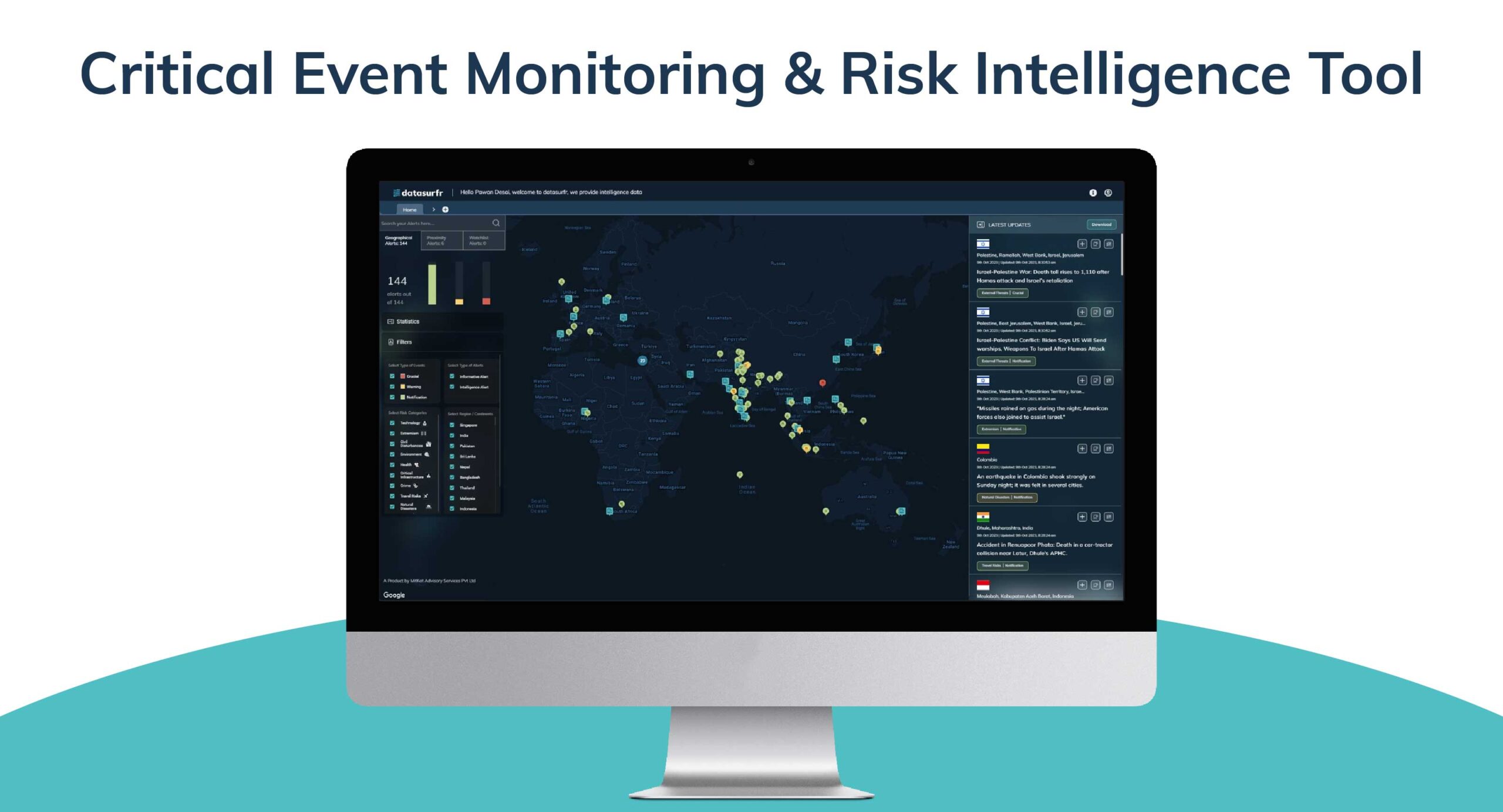Locations Affected: India
India is experiencing a new surge of COVID-19 cases. As of 29 May, 1252 active COVID-19 cases have been reported in India. Kerala, Maharashtra, and Delhi registered the highest cases, with 430, 209, and 104 cases respectively. New sub-variants evolving from the Omicron lineage (NB.1.81 and LF.7) have been detected in Tamil Nadu and Gujarat. These sub-variants are said to be the cause of the surge in COVID-19 cases in other parts of Asia, like China, Hong Kong, and Singapore. The World Health Organization (WHO) has classified both the sub-variants as Variants Under Monitoring (VUMs), highlighting a need to prioritize monitoring.
Actions Taken Following the Surge in Cases
- The Union Health Ministry has begun close monitoring of the situation. Doctors have reported that most cases remain mild with low hospitalization rates and suggest that the rise in cases could be due to decreasing immunity, uneven booster coverage, and increased detection due to improved surveillance.
- Delhi has issued advisories to hospitals to ensure the availability of beds, oxygen, medicine, and vaccines. The advisory also mandates that all positive COVID-19 samples be sent for genome sequencing and consistent daily reporting of Influenza-like Illness (ILI) and Severe Acute Respiratory Illness (SARI) cases.
- The National Health Mission in Karnataka has mandated test samples for all SARI (Severe Acute Respiratory Infection) cases to reach designated government labs on the same day they are taken and that 150-200 RT-PCR tests are conducted daily in the state.
Outlook and Recommendations
The recent surge in COVID-19 cases has raised concerns regarding public health. As most cases have been reported as mild, authorities have not imposed restrictions on public movement and are likely to focus on close monitoring, rapid detection, and preparedness. Individuals are advised to follow health and hygiene guidelines, including wearing masks, washing hands frequently, and avoiding unnecessary travel to crowded spaces. It is also recommended to stay up to date with vaccinations and receive booster shots if necessary. In the event of a positive test, patients are advised to follow isolation guidelines and seek medical attention if symptoms persist or worsen, especially vulnerable individuals such as pregnant women, children, the elderly, and those who are immunocompromised.


